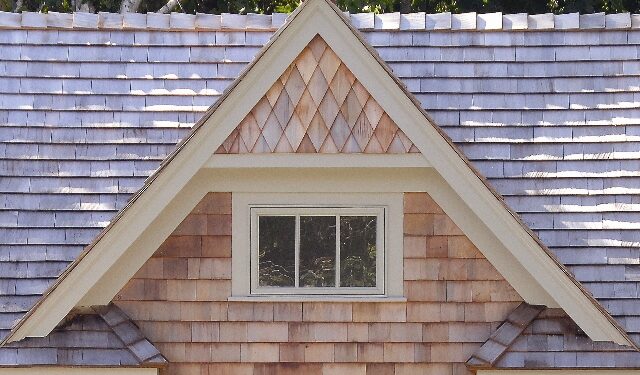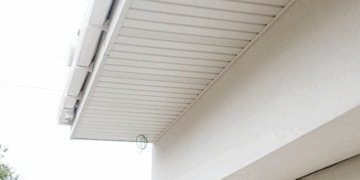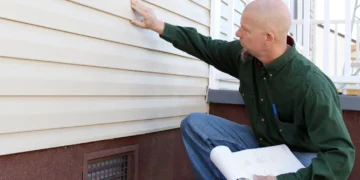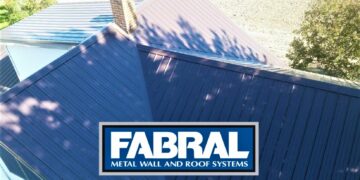Diving into the realm of Boral Poly Ash, this introduction sets the stage for an intriguing exploration of this innovative material. From its composition to its wide-ranging applications, Boral Poly Ash offers a wealth of possibilities across various industries.
As we delve deeper, we uncover the intricate details of its production process and the environmental considerations that come into play. Let's embark on this journey to unveil the benefits and quality standards associated with Boral Poly Ash.
Overview of Boral Poly Ash
Boral Poly Ash is a unique material composed of a blend of recycled plastics and coal combustion residuals. This innovative combination results in a durable and environmentally friendly product that offers a sustainable alternative to traditional building materials.
Composition and Main Properties
Boral Poly Ash is primarily made up of post-consumer and post-industrial recycled plastics, along with coal ash, which is a byproduct of coal combustion. This composition gives Boral Poly Ash several key properties, including high strength, resistance to rotting, and low maintenance requirements.
Additionally, this material is resistant to moisture, insects, and UV rays, making it ideal for outdoor applications.
Applications in Various Industries
Boral Poly Ash is commonly used in the construction industry for applications such as decking, siding, and trim. Its durability and sustainability make it a popular choice for eco-conscious builders looking for long-lasting and low-maintenance materials. Additionally, Boral Poly Ash can be used in agricultural settings for fencing and other outdoor structures due to its resistance to weathering and pests.
Production Process of Boral Poly Ash
When it comes to the production process of Boral Poly Ash, it involves several key steps to ensure the quality and durability of the final product.
Manufacturing Process
Boral Poly Ash is manufactured by combining a proprietary blend of recycled polymers and coal combustion products. These materials are carefully processed and treated to create a durable and sustainable alternative to traditional wood products.
- The recycled polymers used in the production of Boral Poly Ash help to enhance the strength and longevity of the final product.
- Coal combustion products, such as fly ash, are added to the mix to improve the fire resistance and overall performance of Boral Poly Ash.
- The materials are carefully mixed and extruded to create the desired shape and size of the final product.
Environmental Considerations
In terms of environmental considerations, the production of Boral Poly Ash offers significant benefits compared to traditional wood products.
- By utilizing recycled polymers and coal combustion products, Boral Poly Ash helps to reduce waste and minimize the environmental impact of manufacturing processes.
- The use of these sustainable materials also helps to conserve natural resources and reduce the carbon footprint associated with traditional wood products.
- Overall, the production process of Boral Poly Ash is designed to be environmentally friendly and in line with sustainable practices.
Benefits of Boral Poly Ash
Boral Poly Ash offers several advantages that make it a superior choice for various applications.
Enhanced Durability and Longevity
One of the key benefits of Boral Poly Ash is its exceptional durability and longevity. Unlike traditional wood materials, Boral Poly Ash is resistant to rot, decay, and insect damage, making it a long-lasting option for outdoor projects.
Low Maintenance Requirements
Compared to traditional wood, Boral Poly Ash requires minimal maintenance. It does not need to be painted, stained, or sealed regularly, saving time and money on upkeep costs.
Environmental Sustainability
Boral Poly Ash is made from recycled materials, making it an environmentally friendly choice. By using recycled fly ash, a byproduct of coal combustion, Boral Poly Ash contributes to resource efficiency and reduces waste.
Quality Control and Standards
Ensuring the quality of Boral Poly Ash is a top priority in the production process. Stringent quality control measures are in place to maintain consistency and reliability.
Quality Control Measures
- Regular testing of raw materials to ensure they meet quality standards before production begins.
- Continuous monitoring of the production process to identify any deviations from the desired specifications.
- Random sampling and testing of finished products to verify quality before distribution.
- Implementing strict quality control protocols at every stage of the manufacturing process.
Industry Standards and Certifications
Boral Poly Ash adheres to industry standards and holds relevant certifications to guarantee its quality and performance.
- Compliance with ASTM International standards for construction materials.
- Certifications from regulatory bodies ensuring product safety and environmental sustainability.
- Meeting specific standards set by the building industry for durability and longevity.
Quality Assurance in Production
Quality assurance is maintained throughout the production of Boral Poly Ash through various methods and protocols.
- Regular audits and inspections to identify and rectify any quality issues promptly.
- Training programs for staff to ensure they understand and follow quality control processes.
- Feedback mechanisms to gather insights from customers and stakeholders for continuous improvement.
Conclusive Thoughts
In conclusion, Boral Poly Ash emerges as a versatile and sustainable material that paves the way for a greener future. With its superior quality control measures and adherence to industry standards, Boral Poly Ash stands as a beacon of innovation in the construction and manufacturing sectors.
FAQ
What is the composition of Boral Poly Ash?
Boral Poly Ash is composed of recycled materials like coal combustion products and other additives to enhance its properties.
How does Boral Poly Ash contribute to sustainability?
Boral Poly Ash reduces the need for traditional raw materials, thus conserving natural resources and reducing environmental impact.
Are there any specific certifications for Boral Poly Ash?
Boral Poly Ash may adhere to industry standards like ASTM C618 for fly ash used in concrete, ensuring quality and performance.
What are the main applications of Boral Poly Ash?
Boral Poly Ash is commonly used in concrete production, road construction, and as a filler material in various industries.











